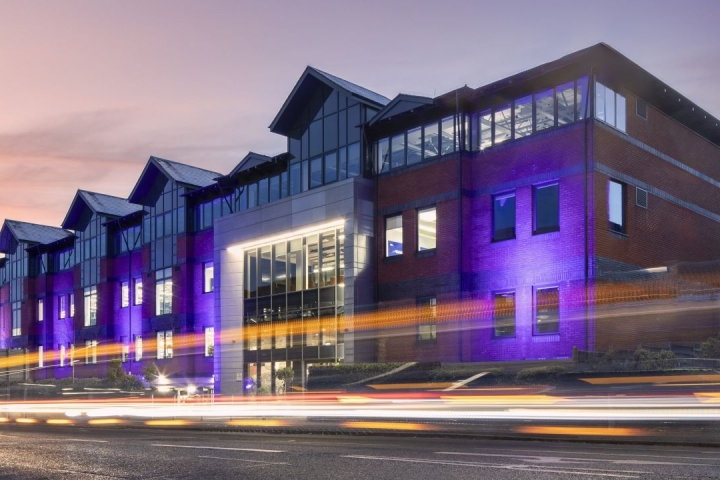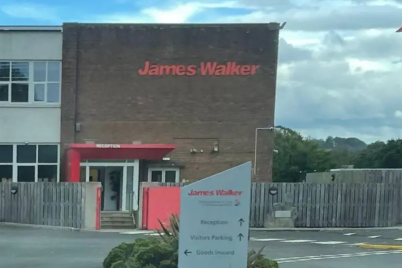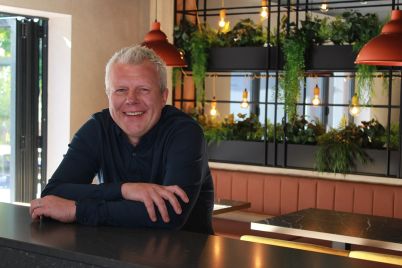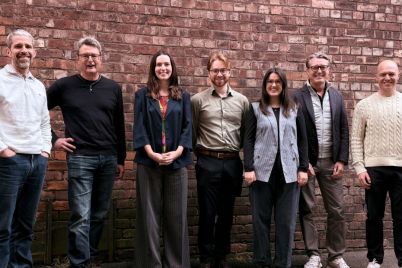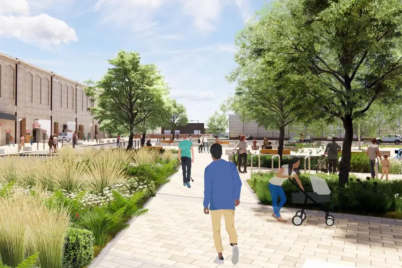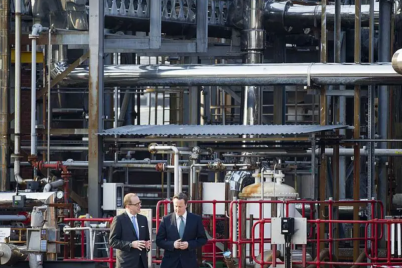Healthcare property investor Assura has announced the immediate effect resignation of its chair, Ed Smith CBE, just as the business enters a new chapter under the ownership of rival Primary Health Properties (PHP).
Smith, who joined the board in 2017 and became chair the following year, has stepped down with immediate effect. During his tenure, he provided “critical oversight of its strategy and governance” and helped guide Assura’s expansion in the UK’s healthcare property market.
The move comes only weeks after Assura shareholders approved a £1.68 billion takeover offer from PHP. The deal, which went unconditional in mid-August 2025, will see Assura delisted from both the London and Johannesburg stock exchanges once PHP secures the required voting rights.
With Smith’s departure, senior non-executive director Jonathan Davies has been appointed as chair. Chief executive Jonathan Murphy paid tribute to Smith, saying: “We sincerely thank Ed for his huge contribution to the success of Assura over the past seven years. His guidance and support to me and the wider team has been invaluable.” Davies added: “Ed has played a vital role in driving Assura’s performance and developing its long-term strategy, whilst never losing focus on its strong social purpose and the need to support the NHS.”
Founded in 2003 as the Medical Property Investment Fund, Assura grew to become one of the UK’s leading healthcare property companies, specialising in developing and investing in primary care buildings. It rebranded in 2006, converted to Real Estate Investment Trust (REIT) status in 2012, and steadily expanded its portfolio to more than 600 healthcare facilities valued at around £3.1 billion.
The Altrincham-based company has consistently focused on supporting NHS services in communities, housing GP surgeries, diagnostic suites, renal dialysis units, consultant clinics and more. Its acquisition of Apollo Capital Projects in 2021 added further schemes to its pipeline, reinforcing its role as a long-term partner to the health service.
The company absorbing Assura, Primary Health Properties plc, is itself one of the UK’s most established healthcare real estate businesses. Founded in 1995 and floated on the stock market the following year, PHP has grown steadily into a FTSE 250 company headquartered in London. It switched to REIT status in 2007 when the structure was introduced in the UK, cementing its role as a specialist long-term property investor.
Over the past decade, PHP has expanded significantly. Notable milestones include its £1 billion merger with Medicx Fund in 2019, which created the UK’s largest healthcare property portfolio at the time, as well as its £140 million fundraising in 2020 to fund new acquisitions. The company also extended into Ireland, acquiring primary care centres in Dublin, Newbridge, and Celbridge, and in 2022 it bought Chiswick Medical Centre in London for £34.5 million.
As of June 2026, PHP owns and operates more than 500 primary healthcare facilities across the UK and Ireland, with roughly 90% of rental income underpinned by the NHS. Its portfolio was valued at £2.8 billion at the end of 2023.
The acquisition of Assura consolidates PHP’s dominance in the sector. With both companies long focused on partnering with the NHS, the deal will bring together more than 1,100 medical properties across the UK and Ireland, making the enlarged group a cornerstone of primary care infrastructure.
While the takeover ends Assura’s two decades as an independent public company, its legacy of supporting community-based healthcare will continue under PHP’s ownership. As Davies noted, the priority will remain on long-term strategy and social purpose: “It has been a great privilege to work alongside Ed during his term as chair and I now look forward to leading the board during the CMA process.”
The transaction not only reshapes the healthcare property investment market but also strengthens the private sector’s role in supporting NHS facilities at a time when demand for modern, community-based healthcare infrastructure is growing.



